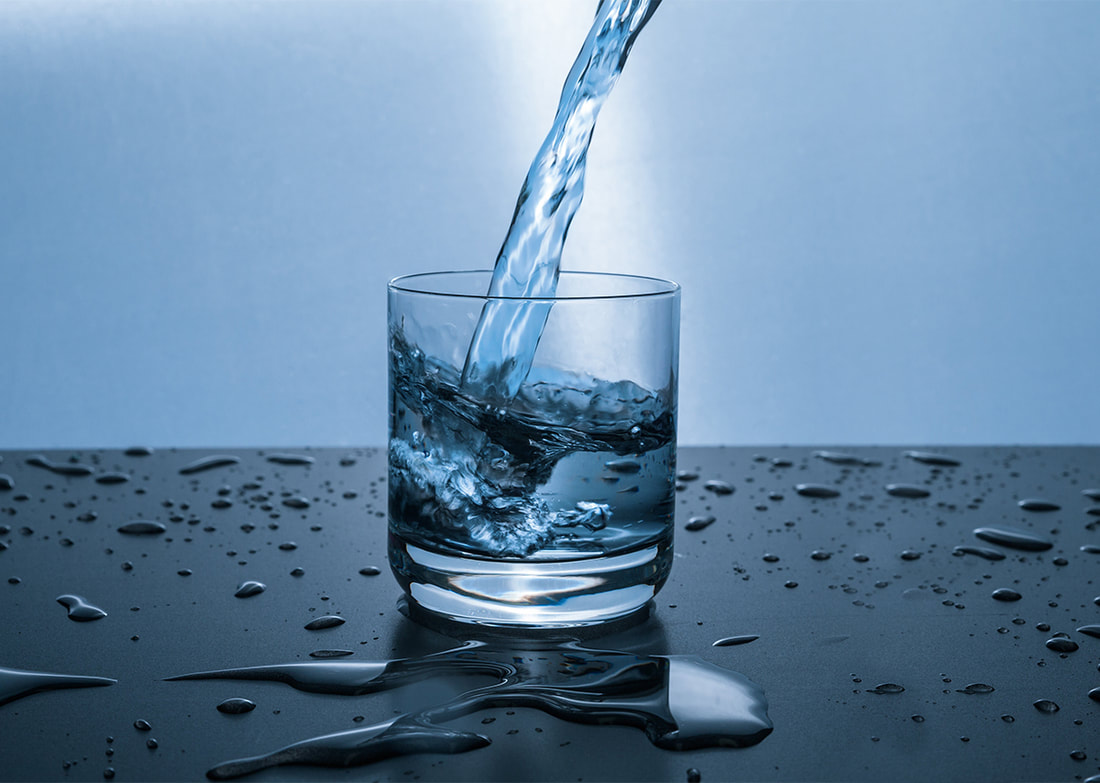Health and Water By Pierre Mouchette | Bits-n-Pieces Proper hydration is an integral part of a healthy lifestyle. The adult human body is composed of up to 60% water. It should be noted that water, although lacking in calories, contains trace amounts of minerals like calcium, magnesium, sodium, zinc, and copper. In some countries, fluoride is added to reduce tooth decay, but it generally lacks nutrients unless you are drinking mineral water. Water is vital for life. It transports nutrients and provides structure to cells and tissues.
Drinking mineral water can help curb hunger and even improve digestive health. Does the Type of Water Matter? All types of water can support hydration, but certain types are more beneficial than others.
How much water should you drink? There is no formal recommendation regarding how much water you should drink daily. The individual needs depend on where you live, how active you are, what you eat, body size, and age. Still, the National Academy of Medicine established the following general recommendation for daily water intake:
Just like cars run on fuel, our body runs on energy counted in calories. Because water does not contain calories, it does not mean that it does not help provide energy to the body. Water helps transport the energy broken down from food to the cells in the body. So even though water does not have any calories, it helps carry the acquired calories to all body organs and helps break down and burn them. That is why it is recommended to drink plenty of water to reduce weight. Drinking water to lose weight? When trying to lose weight, your goal is to burn more calories than you consume. It is known as a negative energy balance. Since water is void of carbohydrates, proteins, or fats, it has no calories.
0 Comments
Your comment will be posted after it is approved.
Leave a Reply. |
Archives
May 2024
|
